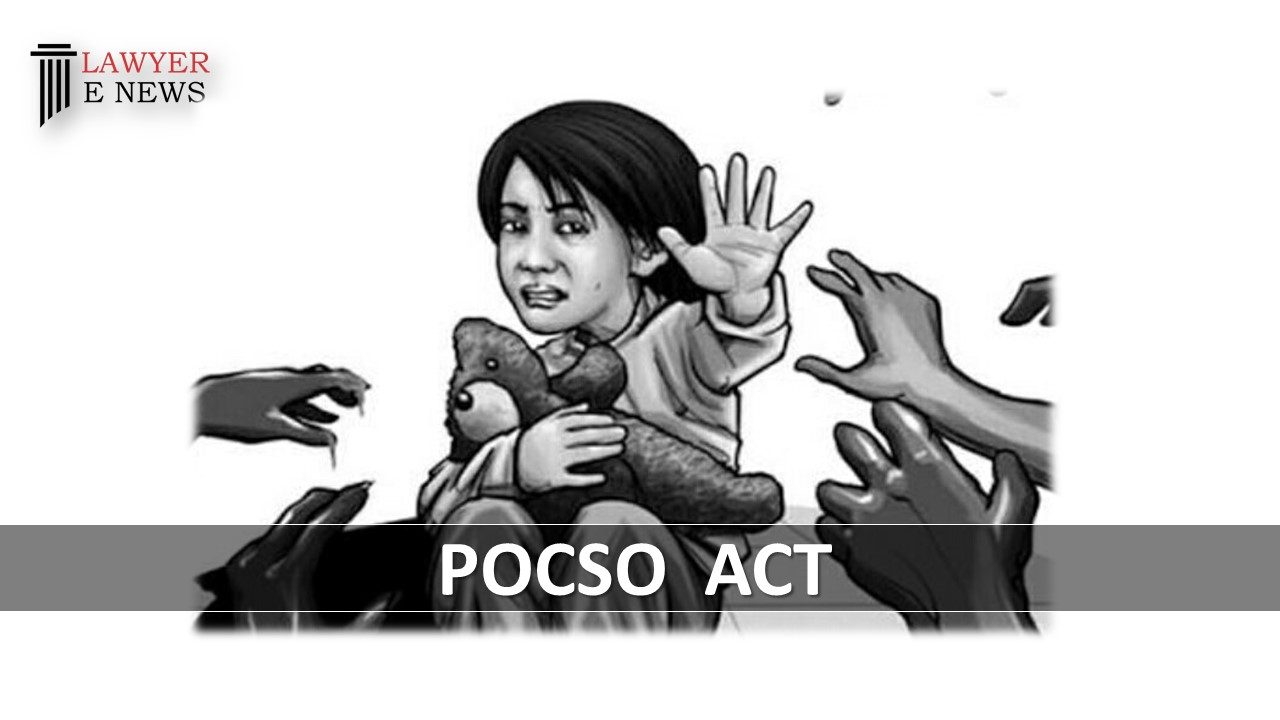-
by Admin
15 February 2026 5:01 PM



High Court Upholds Lower Court’s Decision, Emphasizing Lack of Material Evidence for Inclusion of Section 12 of POCSO Act
The Calcutta High Court has dismissed a revisional application challenging the rejection of a plea for the inclusion of Section 12 of the Protection of Children from Sexual Offences (POCSO) Act in a case involving the alleged enticement of a minor. The judgment, delivered by Justice Ajay Kumar Gupta, underscores the requirement for substantial evidence to justify the addition of POCSO charges in such cases.
The petitioner, Smt. Lakshmi Rajwar, filed a complaint alleging that on March 31, 2014, the accused enticed her minor daughter, leading to the registration of a case under Sections 363 and 366A of the Indian Penal Code (IPC). The investigation culminated in a charge sheet under these sections. The petitioner later sought the inclusion of Section 12 of the POCSO Act, claiming the victim was 13 years old at the time of the offense. The trial court dismissed this application due to a lack of sufficient material evidence, a decision now upheld by the High Court.
The High Court emphasized the necessity of material evidence to support the inclusion of additional charges under the POCSO Act. Justice Ajay Kumar Gupta noted, “There must be some materials against the accused persons for such addition of charges.” The court found that the existing case records did not support the allegations under the POCSO Act.
The court also noted that despite the victim and accused now leading a conjugal life, the age of the victim at the time of the offense was a crucial factor. However, the lack of evidence pointing to the specific elements required under Section 11(vi) of the POCSO Act, which pertains to enticing a child for pornographic purposes, led to the dismissal of the application.
The judgment detailed the conditions under Section 216 of the Cr.P.C., which allows courts to alter or add charges at any stage before the judgment. However, this power must be exercised with caution and based on concrete evidence. “The offence, as alleged under the provisions of Sections 11 and 12 of the POCSO Act, is not attracted in the instant case against the accused since no such sufficient materials are available in the record,” Justice Gupta stated.
Justice Ajay Kumar Gupta remarked, “The addition of charges under the POCSO Act requires substantive evidence. In this case, the lack of material evidence to support such allegations was evident.”
The High Court’s decision to dismiss the revision application reinforces the principle that the addition of charges must be backed by substantial evidence. This judgment highlights the judiciary’s commitment to ensuring that charges, especially under stringent laws like the POCSO Act, are based on solid grounds. The dismissal of this plea upholds the lower court’s findings and sends a clear message about the importance of material evidence in altering charges.
Date of Decision: 15th July 2024
Smt. Lakshmi Rajwar vs. The State of West Bengal and Another
